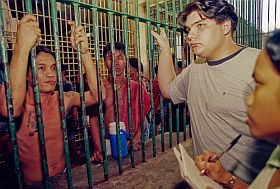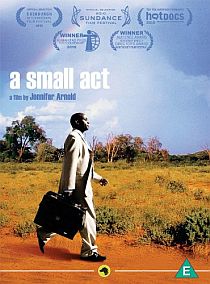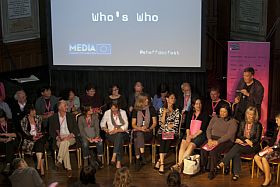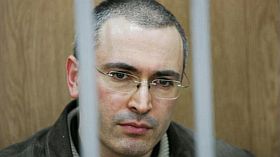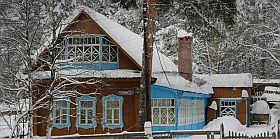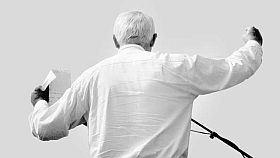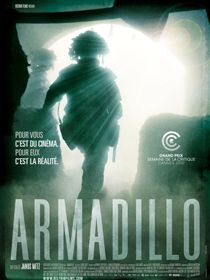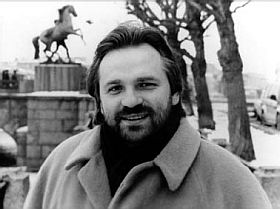


The End of Pitching Sessions?
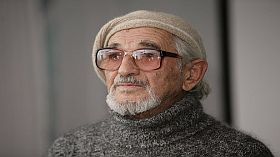
So, no more pitching sessions, the young distributor said to me during the Baltic Sea Forum for Documentaries in Riga? She had followed the Doc Discussion on this blog, and had read the many skeptical texts from filmmakers, who saw the pitching sessions as a kind of show without any content (= money).
What to answer? It is true, and should not be hidden behind halleluja marketing language like ”come to our pitching session and get your film financed”, that the financial situation is pretty weak when it comes to contributions from public broadcasters, and that many leave frustrated with unfulfilled expectations.
On the other hand it was again, having just been to Riga, very encouraging to meet experienced producers bring new talents to the table. There was a focus on their projects for several days, they were discussed, criticised and developed, coalitions were made that can endure and make the films better. A Lithuanian producer, who had been to other pitch events before, is now working on two projects with a German and Belgian editor. An Estonian producer matched with a Georgian director, which made the representative from Estonian Film Foundation say that the door could be open for further funding. And several projects made such a strong promotion that the filmmakers can come back at a later stage. A Swedish director/producer felt that the positive reactions she got in Riga could help her chances at the national film fund. And so on, so forth.
The sessions should definitely continue. And in a realistic workshop-like frame – we meet to bring forward and develop new projects and new talented directors, we meet to create new contacts and strengthen the already existing ones, to sum up, we meet to keep the creative documentary alive!
Not only young talents pitched in Riga – 85 years old Herz Frank (photo from themovingarts.com) went on stage with his exciting story about Larissa, who has married the murderer of Rabin, and have a child with him.

